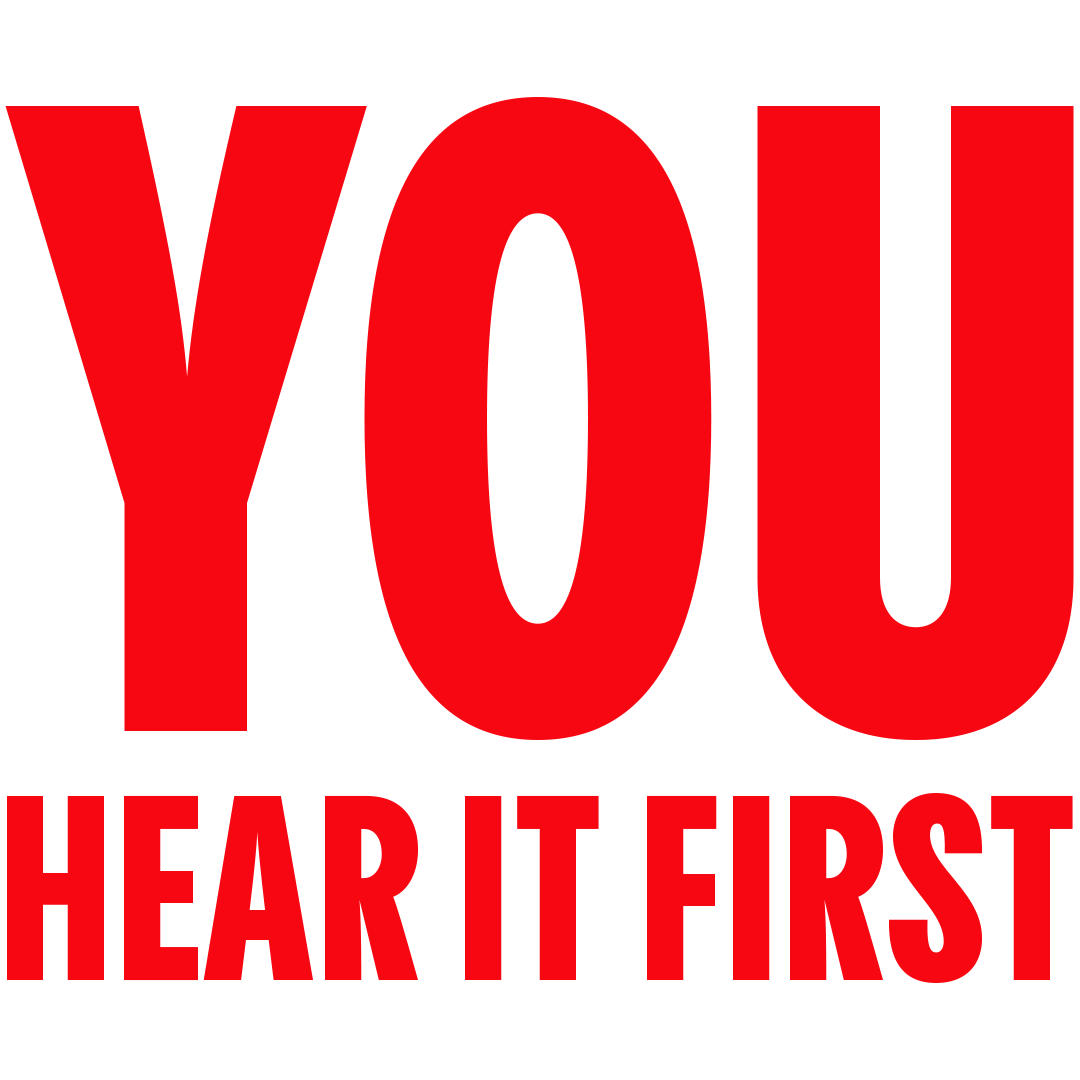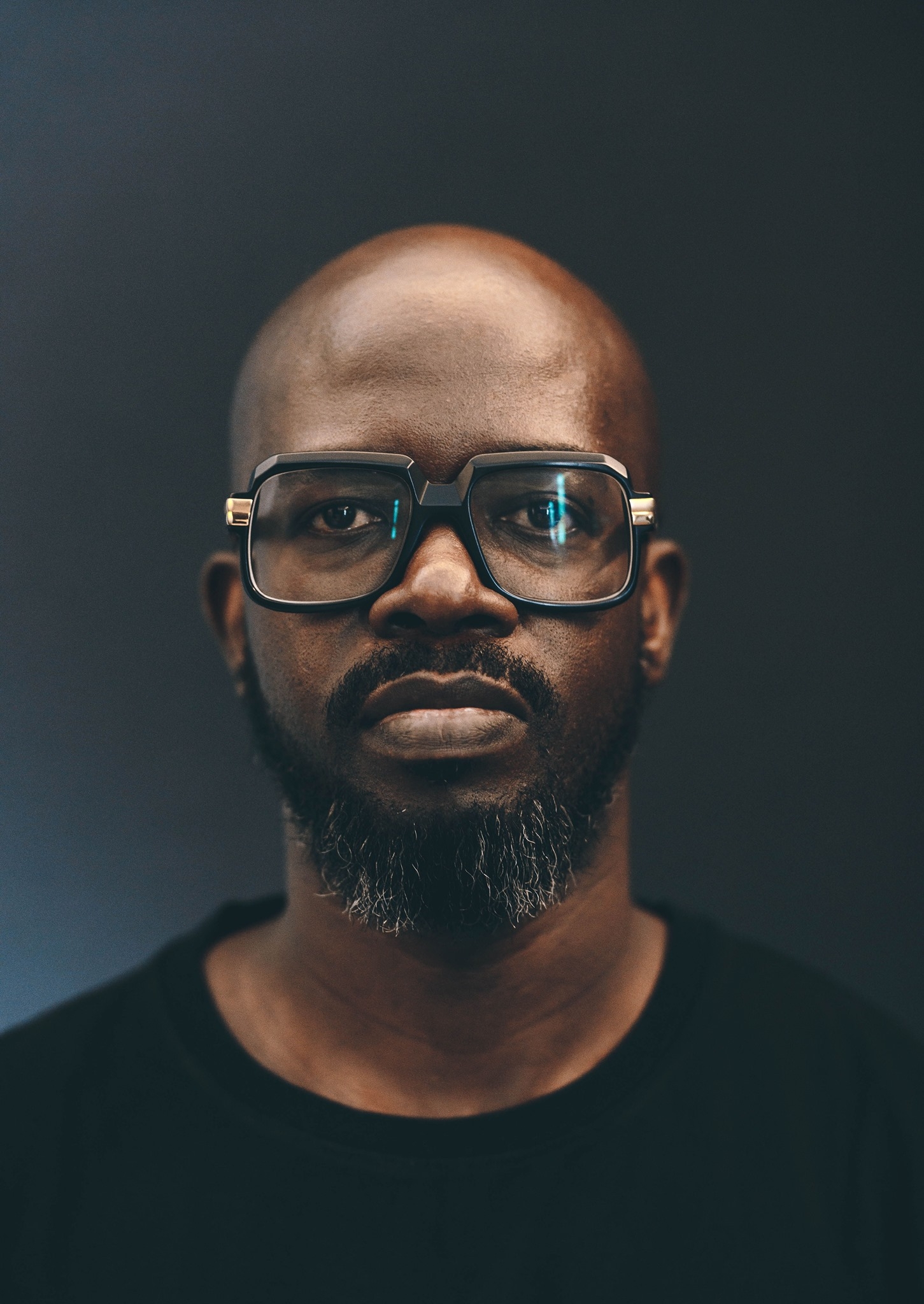Listeners:
Top listeners:
-
 play_arrow
play_arrow
YOU! Ibiza | Mykonos | Tulum Fresh sounds for tomorrow!
Black Coffee – Biography
Black Coffee, the South African house music DJ and producer, has steadily built his career over nearly two decades, capitalizing on the growing global interest in his home country’s thriving dance music scene. Today, he is widely regarded as Africa’s biggest DJ.
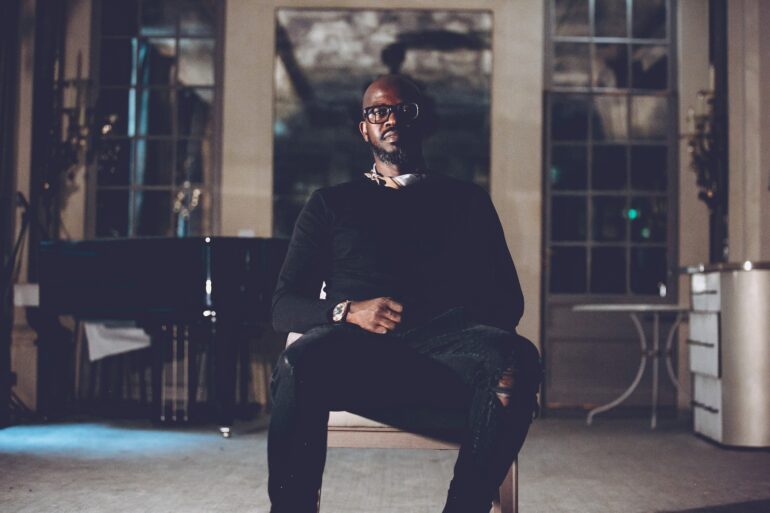
Born Nkosinathi Maphumulo on March 11, 1976, in Durban, Black Coffee’s journey to stardom is as unique as it is inspiring. Growing up in a musical environment, he was particularly influenced by his uncle’s vast reggae collection. At the age of 12, following his parents’ divorce, he relocated with his mother to the impoverished township of Mthatha in the Eastern Cape. Tragedy struck two years later on the day of Nelson Mandela’s release from Robben Island when he lost the use of his left arm in a politically motivated attack by a taxi driver.
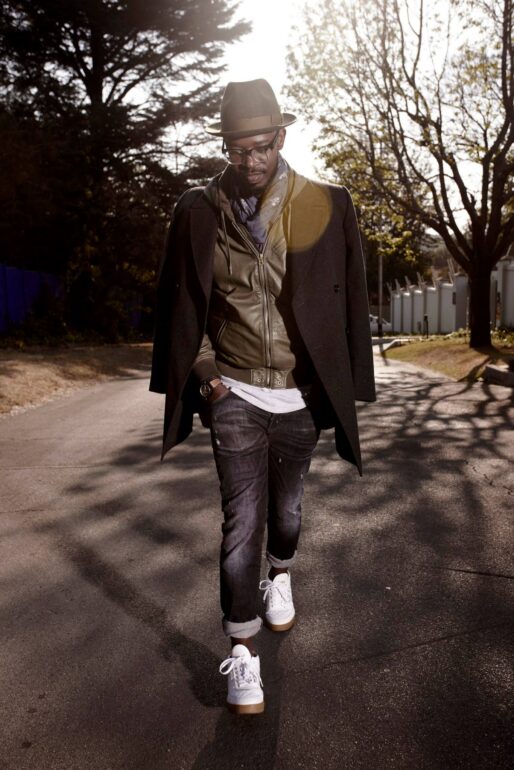
This life-altering event fueled his passion for music even more, and he returned to Durban to study music theory at Natal Tech, specializing in jazz. Although he dropped out before completing his course, he found success as a backing singer for renowned folk-blues guitarist Madala Kunene alongside his friends Thandukwazi “Demor” Sikhosana and Mnqobi “Shota” Mdabe. Together, they formed the soul-pop trio Shana. Simultaneously, Black Coffee delved deeper into electronic music production and gained acceptance into the prestigious Red Bull Music Academy in 2003, propelling his career forward.
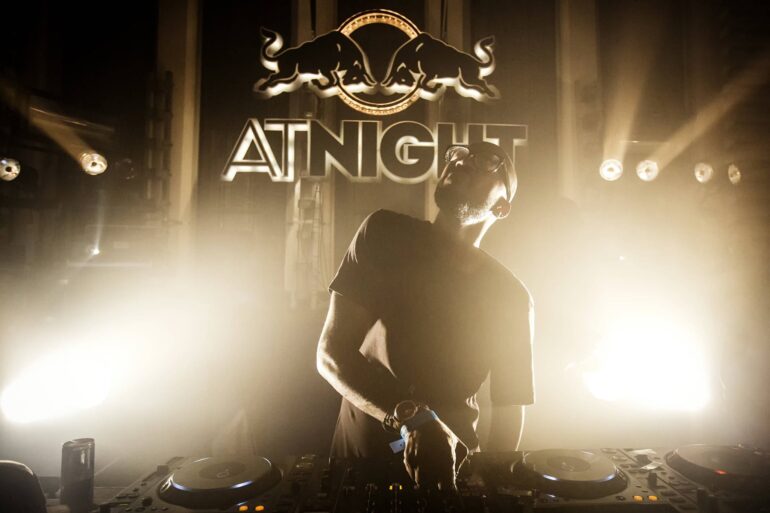
Black Coffee’s self-titled debut album in 2005 was a game-changer. Recorded in his bedroom using inexpensive music software and released under his own Soulistic label, it introduced his unique deep house style, blending jazz, R&B, and African influences without resorting to soulful or Afro-house clichés. The album, along with his infectious DJ sets, catapulted him to stardom in South Africa. In the subsequent decade, he released four more albums: “Have Another One” (2007), “Home Brewed” (2009), the monumental three-disc “Africa Rising” (2012), and “Pieces of Me” (2015). Each album showcased increasing production values and musical sophistication. Thanks to a distribution deal with Universal and his numerous appearances at major clubs and festivals, Black Coffee’s music gained acclaim in the United States and Europe. Meanwhile, he became a bona fide megastar in his home country, celebrated for his tireless support of local talent and philanthropic endeavors.
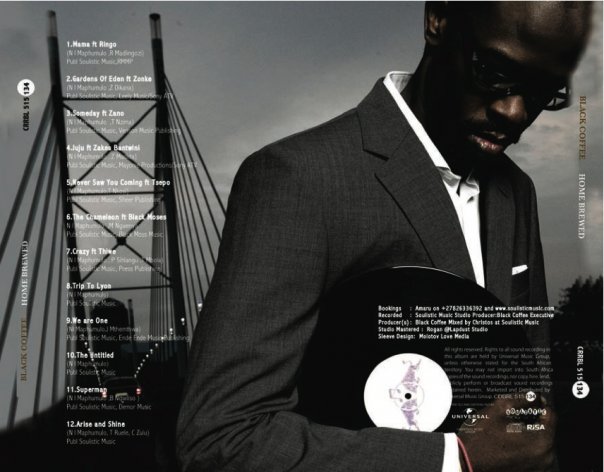
In 2010, Black Coffee achieved a Guinness World Record for the longest-ever DJ set, performing nonstop for 60 hours. His international recognition grew further when he won Breakthrough DJ of the Year at the 2015 DJ Awards in Ibiza and Best African Act at the 2016 BET Awards in Los Angeles. He gained mainstream exposure when Drake sampled his work on the rapper’s 2017 “playlist” titled “More Life,” leading to interest from other prominent U.S. R&B artists like John Legend and Usher. His collaboration with David Guetta and Delilah Montagu on the hit track “Drive” in 2018 propelled his success even further. That year, he also released his seven-song EP “Music Is King.” The following year, he joined forces with Usher for the single “LaLaLa,” and in 2020, he collaborated with Sabrina Claudio (“SBCNCSLY”) and Celeste (“Ready for You”).
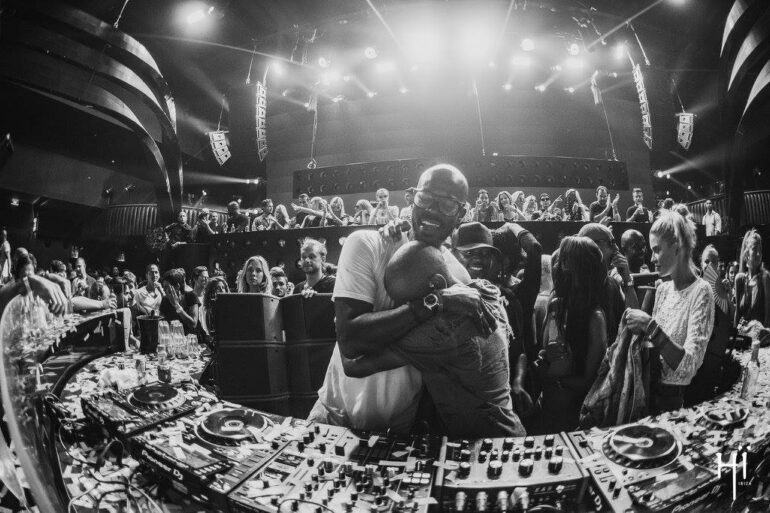
Black Coffee commenced 2022 with a resounding victory at the Grammy Awards, winning Best Dance/Electronic Album for his 2021 release, “Subconsciously.” He then delivered two remarkable sets on Coachella’s Sahara stage.
